Days until disaster: What happened before fatal dive
The deaths of five men in a submarine deep under the Atlantic can be traced back to the birth of Titanic tourism – and a big decision taken on the day before the dive.
World
Don't miss out on the headlines from World. Followed categories will be added to My News.
OceanGate Expeditions CEO Stockton Rush spent years building the ultimate bucket list item for billionaires, but the dream ended in milliseconds.
After a remote operating vehicle discovered debris from the company’s submarine the Titan early on Friday morning (Australian time), almost 500 metres away from the wreck of the Titanic, experts surmised the submarine had suffered a “catastrophic implosion”.
Death for the five men on board “would have been immediate – literally in milliseconds – and the men wouldn’t have known what was happening” rescue expert David Mearns told Sky News.
The discovery brought an end to five grim days of searching.
But it also spelt the end for OceanGate’s long and hard-fought dream to offer scientists and a few rich individuals the opportunity to observe the wreck of the Titanic, the legendary ocean liner which has fascinated the world since it sank during its maiden voyage on 14 April, 1912, leading to the deaths of 1500 passengers and crew.
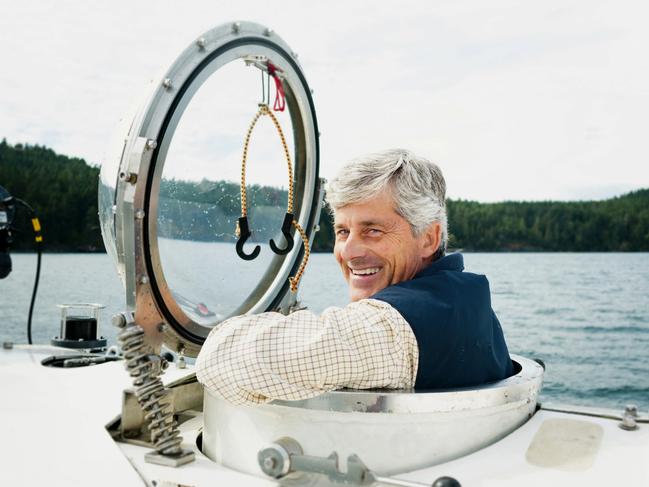
“Once you’ve gotten your head into the Titanic, it’s hard to get it out,” Titan passenger and former French Naval commander Paul-Henri Nargeolet said last year.
It was a sentiment shared by Mr Stockton, the 61-year-old entrepreneur who first announced his plans to offer tourist dives to the Titanic back in 2017.
He wasn’t the first with that dream.
A year after the Titanic was found in 1985, discoverer Robert Ballard left a plaque on the wreck, asking that it be left undisturbed. But that wish was ignored.
After the scientists and the salvagers (some 5000 items have been recovered from the ship to date) came the first tourists, including filmmaker James Cameron. Hundreds of others followed.
When Mr Rush announced plans to offer Titanic dives in 2017, he was explicitly pitching for the same sort of megarich customers who were also putting their names on waitlists for space tourism flights with companies like SpaceX and Virgin Galactic.
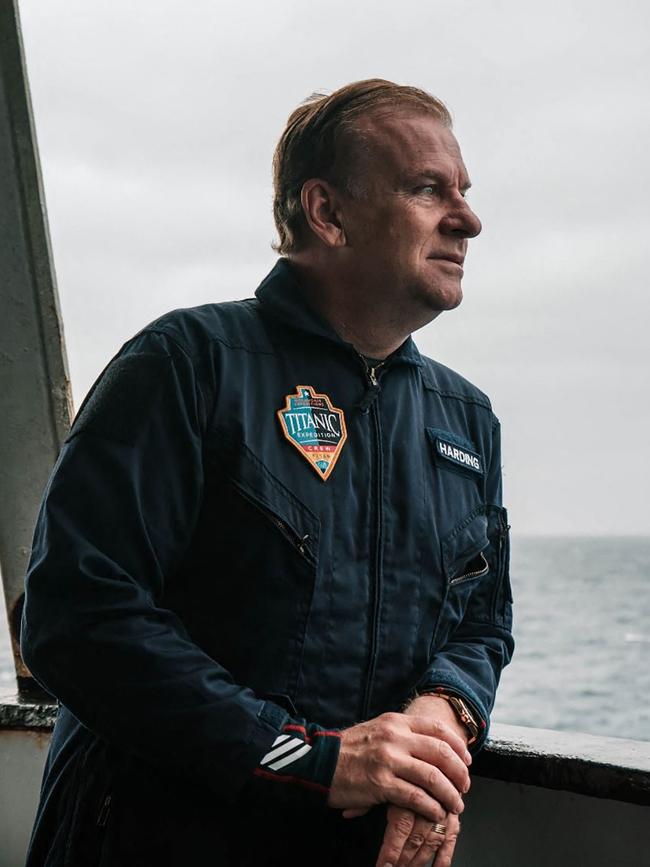

“The people who want to go to space and pay for some weightlessness time and a great view of the planet are a similar group that want to go see the Titanic,” Mr Rush told a Canadian radio program in 2019. (Indeed, Titan passenger Hamish Harding had been to space with Jeff Bezos’s company Blue Origin in 2016.)
But as with space tourism, Mr Rush’s quest to take paying visitors down to the Titanic was subject to repeated delays and problems.
In 2019, OceanGate was proposing a season of up to 30 dives over the course of six weeks – but within months the first expeditions were delayed to 2020, and in 2020 they were pushed back to 2021.
The Titan completed its first successful reconnaissance of the Titanic in July 2021, with Mr Rush and Mr Nargeolet aboard.
By January this year, the company was claiming it had carried 60 passengers and up to 20 researchers, but on some missions – like that carrying CBS reporter David Pogue in 2022 – the passengers didn’t actually see the Titanic because of mechanical problems.

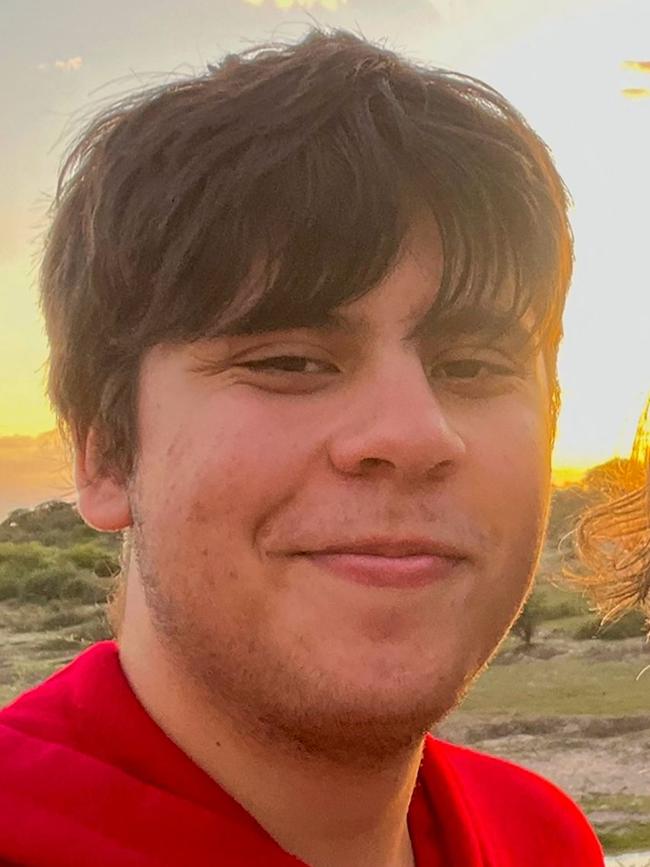
It didn’t stop the interest in Titanic tours, which by then had become a coveted bucket list item for the ultrarich.
Discussing such bespoke experiences this week, US travel executive Roman Chiporukha told the Washington Post that some rich clients had moved way beyond traditional luxury holidays.
“These are the people who’ve scaled the seven peaks, they’ve crossed the Atlantic on their own boat,” he said.
He could have been describing Mr Harding, or the Pakistan-born businessman Shahzada Dawood, 48, who died on the Titan along with his 19-year-old son Suleman.
Both Mr Harding and Mr Dawood Sr had chased intrepid, even extreme adventures in the past.
Mr Harding had visited the South Pole, explored the Mariana Trench and set a world record for the fastest time circumnavigating the globe (pole to pole) in a Gulfstream jet.
Mr Dawood’s Instagram account shows he toured Antarctica, the Kalahari Desert and Greenland, among many other destinations. In Iceland he descended 120 metres inside a dormant volcano.
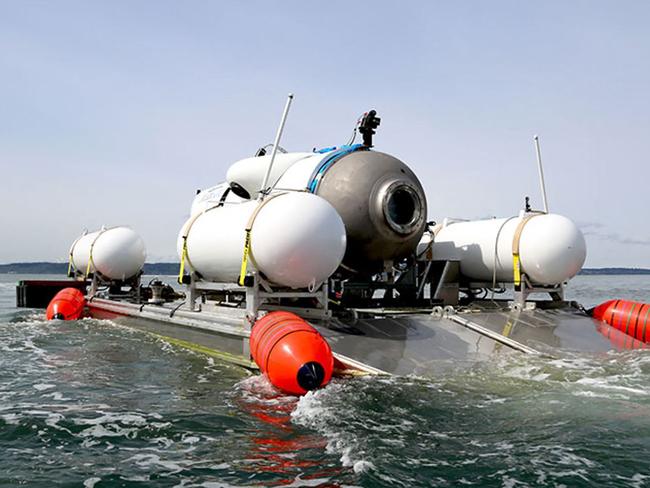
A statement from the Dawood family said the bond between Shahzada and Suleman “was a joy to behold” and they “cherished a shared passion for adventure and exploration”.
But a different picture came from Shahzada’s sister Azmeh, who told NBC that Suleman was “wasn’t very up for” the Titanic trip and actually felt “terrified” about it.
Shahzada was “absolutely obsessed” with the Titanic story and Suleman may have gone along on the Titan to please him, Azmeh said, noting that the expedition happened over the (northern hemisphere) Father’s Day weekend.
The Dawoods are believed to have spent a month on holiday in Canada, accompanied by Shahzada’s wife Christine and their daughter Alina, before the ill-fated expedition.
On Friday June 16 Shahzada and Suleman joined the other Titan passengers on board the support vessel the Polar Prince in St John’s Harbour, Newfoundland.
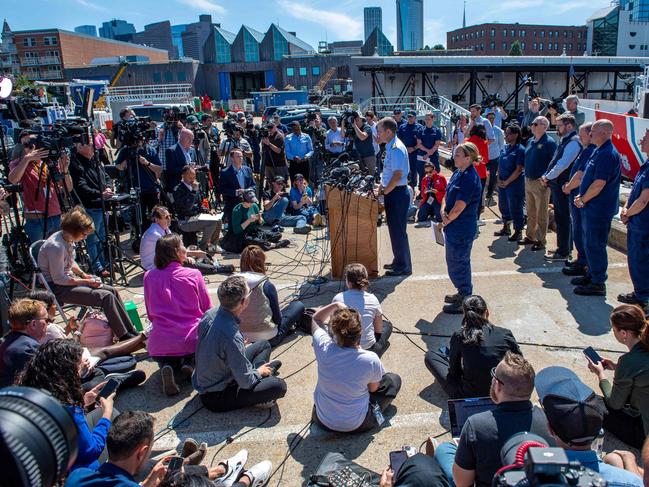
The trip out to the Titanic site took 15 hours, but according to an Instagram post from Mr Harding on the Saturday, the certainty of the expedition going ahead was not confirmed until late.
“Due to the worst weather in Newfoundland in 40 years, this mission is likely to be the first and only manned mission to the Titanic in 2023,” Mr Harding posted. “A weather window had just opened up and we are going to attempt a dive tomorrow.”
Mr Harding said dive operations were due to commence around 4am on the Sunday morning, but the Titan did not end up entering the water until 8am.
It was due to resurface by 3pm.
The vessel emitted its sonic safety pings at 15 minute intervals, with the last one detected around 9.45am.
No ping came at 10am.
Experts believe it is most likely the Titan suffered its catastrophic implosion at the point at which it lost contact with the Polar Prince.
Mr Nargeolet had speculated about such a disaster in a 2019 interview.
“When you’re in very deep water, you’re dead before you realise that something is happening, so it’s just not a problem,” he said.
More Coverage
Originally published as Days until disaster: What happened before fatal dive





